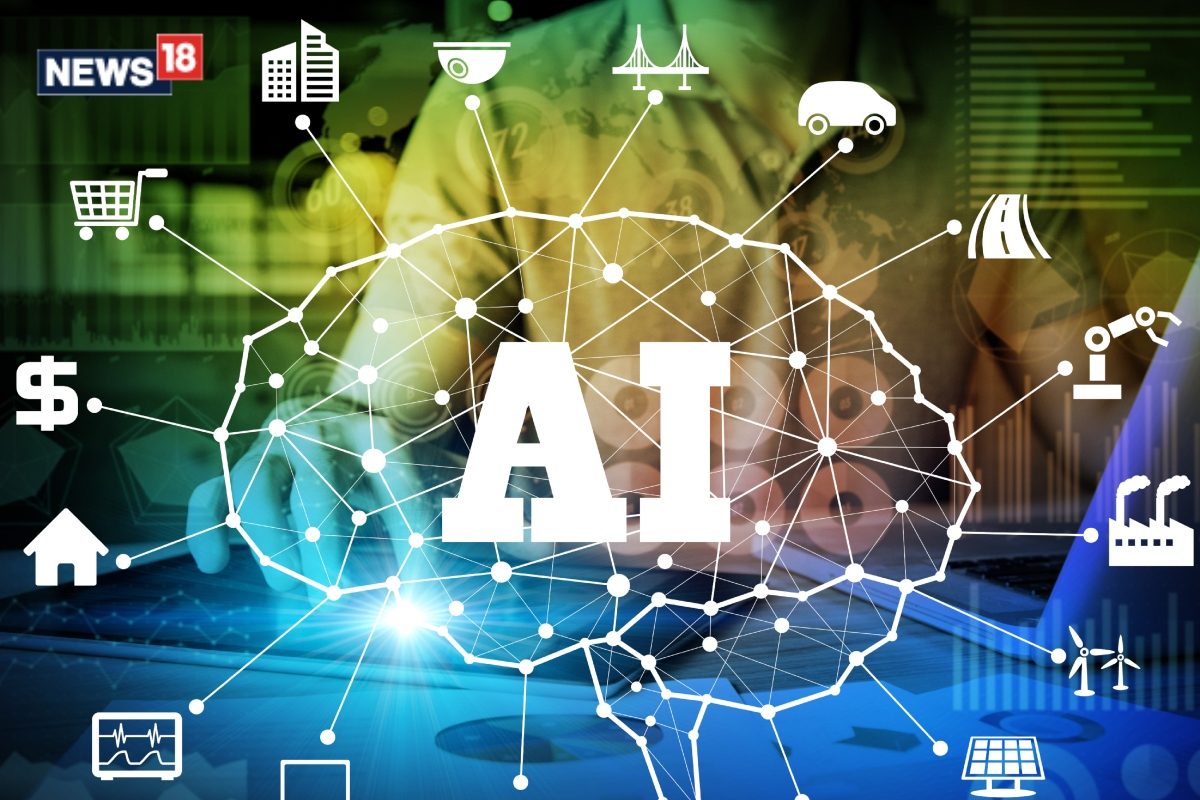
A recent report from tech journalist Mark Gurman highlights Apple's lag in the artificial intelligence (AI) space, confirming suspicions that the company is trailing its competitors by at least two years. Despite preparing to launch its first AI-powered Apple Intelligence features later this month, Gurman describes them as underwhelming and lacking innovation compared to the strides made by AI leaders such as OpenAI and Google. In his latest Power On newsletter, Gurman criticised the upcoming features of Apple Intelligence, which will debut in iOS 18.
1, iPadOS 18.1, and macOS Sequoia 15.1.
He notes that the signature feature—notification summaries—will only be beneficial if it functions accurately, something he seems to doubt. According to internal studies at Apple, OpenAI's ChatGPT is reportedly 25% more accurate than Apple's Siri and able to answer 30% more questions, further underscoring Apple's current shortcomings in the AI field. However, Gurman also points out that Apple has a track record of bouncing back from behind, citing the eventual success of Apple Maps after its rocky start.
He believes Apple will eventually close the gap by investing heavily in research and development, acquiring talent, or even purchasing AI startups to accelerate its progress. Apple's key advantage, according to Gurman, lies in its ability to roll out new features quickly to its vast installed user base and its capacity to revamp hardware to support emerging technologies. This was evident when Apple Intelligencewas first announced in June, only compatible with a limited range of devices.
Now, just months later, it supports most iPads and the latest iPhones, with further expansion expected soon. New M4-based Macs and an AI-integrated iPhone SE are expected in 2025, alongside future AI functionalities for the Vision Pro and other home devices. Despite Apple's efforts, Gurman remains critical of the overall impact of AI on consumers, stating that innovations in camera technology have a far greater appeal to iPhone buyers than AI features.
He suggests that Apple's AI capabilities may not be a major draw for customers in the near future, and that the company's "AI glory" is still several years away..














